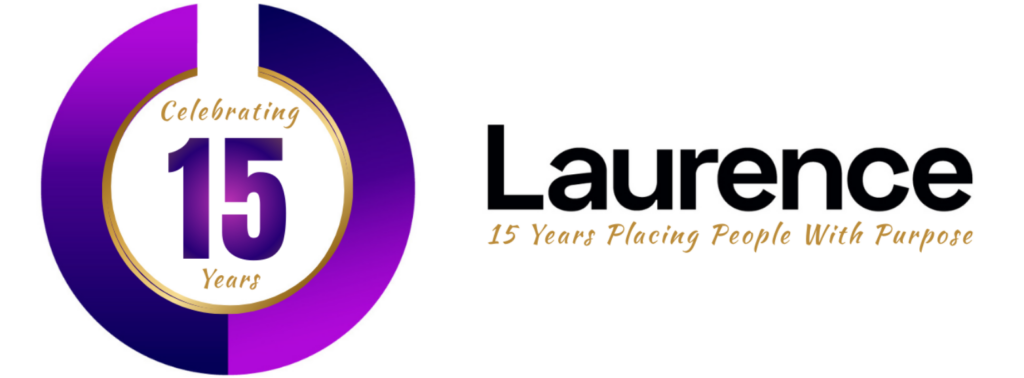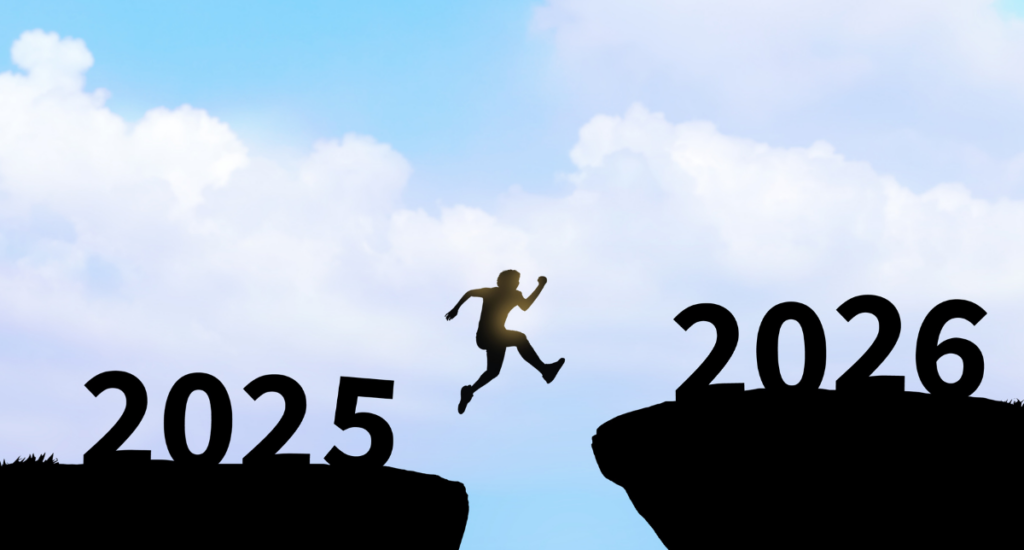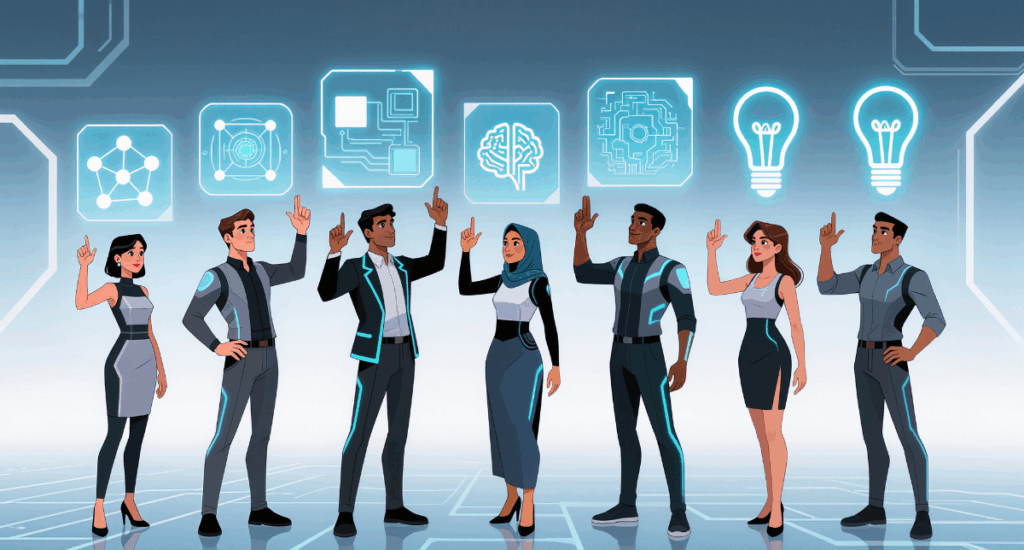Millennials hold a central position in the modern workforce and are progressing into roles that influence strategic direction, culture and long-term organisational capability. Their professional profile aligns closely with the demands created by digital transformation, accelerated change and evolving expectations around leadership. Organisations that invest in strengthening Millennial capability are building stronger pathways to future readiness and long-term sustainability.
Millennial Strengths Supporting Contemporary Organisational Needs
Millennial professionals bring a set of strengths that connect directly to current and emerging organisational challenges. This cohort demonstrates high adaptability in unpredictable environments, strong comfort with new technologies and a natural alignment with collaborative work styles. Many Millennials place value on transparency, social impact and continuous learning, which supports the cultural expectations found in modern organisations. These attributes are helping companies navigate increased complexity, broaden innovation capacity and build resilient teams.
Expanded Recruitment Trends within Executive Search
Recruitment activity across executive and senior leadership domains shows clear and consistent patterns. Organisations are seeking leaders who can guide teams through technological advancement, shifting operating models and increased expectations around culture. Millennial professionals often present a combination of commercial awareness and digital fluency that supports these objectives.
Demand is particularly strong in functions involving transformation, strategy, culture development and digital leadership. Roles that require cross-functional capability or responsibility for hybrid workforce models are attracting significant interest from both employers and Millennial candidates. Organisations are also concentrating on the retention of Millennial leaders, recognising that this cohort responds strongly to purpose-driven work, autonomy, structured development and genuine opportunities to influence outcomes.
Across many industries, there is a clear shift toward broader succession planning that includes high-potential Millennial talent. Rather than focusing solely on technical capability, organisations are prioritising learning agility, communication ability, strategic thinking and cultural leadership. These behavioural attributes are viewed as essential to navigating ongoing change and future organisational evolution.
Development Pathways that Build Long-Term Leadership Capability
Leadership development is becoming a central component of organisational strategy. Millennial professionals are demonstrating a strong commitment to skill enhancement, continuous learning and leadership growth. Structured development pathways that combine technical capability, strategic leadership and behavioural maturity are producing the most effective outcomes.
Successful approaches typically include:
- Leadership programs designed around real-world challenges
- Coaching and mentoring that support decision-making and confidence building
- Opportunities to lead cross-functional initiatives
- Exposure to strategic planning and organisational design
- Access to short-course learning across digital capability, transformation and change leadership
Together, these elements create a strong foundation for leadership progression. Organisations that implement these programs are seeing higher levels of engagement, stronger retention outcomes and more agile internal leadership pipelines.
Future of Work and Organisational Transformation
The future of work continues to evolve through technological advancement, new workforce expectations and global shifts in economic and operational conditions. Organisations are redesigning work processes, investing in data capability and reassessing traditional structures to remain competitive. Millennials play a central role in this transition due to their familiarity with digital tools, flexible mindsets and comfort with continuous change.
Hybrid work, project-based operating models and integrated technology platforms are becoming standard features across many industries. Millennial professionals tend to adapt quickly to these models and often contribute to smoother adoption across teams. Their ability to engage diverse groups, build inclusive environments and promote continuous improvement is proving valuable in transformation programs.
Organisations that incorporate Millennial perspectives into planning and strategic conversations benefit from broader thinking, stronger innovation and more sustainable transformation outcomes. This cohort provides insight into emerging workforce expectations and evolving consumer behaviour, both of which influence long-term organisational strategy.
Positioning Organisations for Long-Term Success
Laurence Executive Recruitment observes that organisations with strong Millennial leadership pipelines are demonstrating greater preparedness for future challenges. Investment in capability building, modern leadership development and inclusive culture is supporting stronger performance and increased organisational resilience.
Millennial professionals are well positioned to contribute to the next era of organisational growth. By strengthening engagement, development and leadership opportunities for this cohort, organisations can build a stable foundation for long-term success in an environment defined by continuous change.








